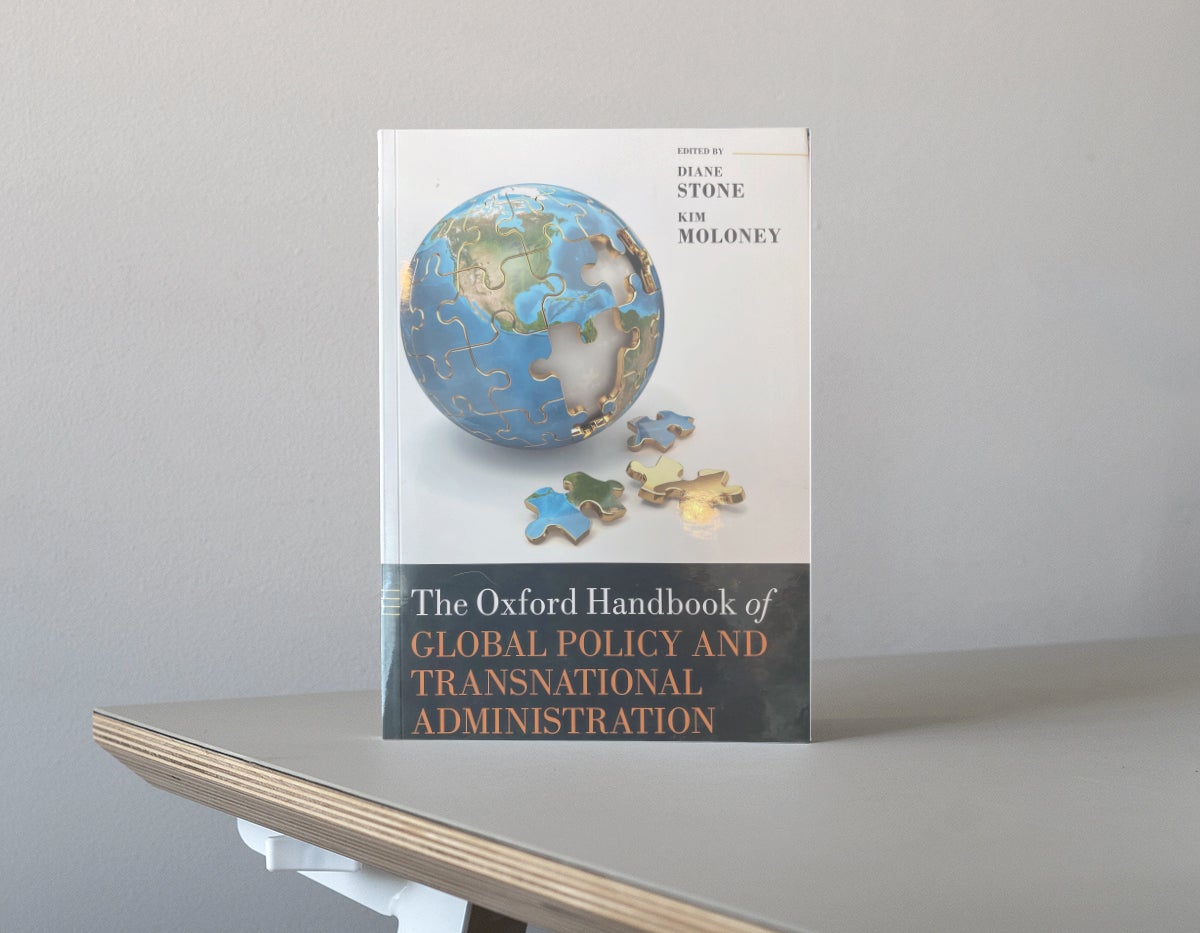
Dr. Andreas Rechkemmer, senior professor at the College of Public Policy, and founder of the Program on Governance, Resilience and Sustainability (PROGRESS), discusses environmentally induced forced migration in an article co-authored for the Disaster Medicine and Public Health Preparedness journal.
Drivers that stimulate population mobility, including elevated global temperatures, rising sea levels, the increasing frequency and severity of natural disasters, and the progressive depletion of life-sustaining resources, are forecast to rapidly accelerate. This will lead to an estimated 200 million climate migrants by the year 2050 and create dangerous tipping points for public health and security.
Among the public health consequences of climate change, environmentally induced forced migration is one of the harshest and most damaging, the authors note. It involves a multiplicity of acute resource and social losses, frequently exposing migrants to trauma and violence. Dr. Rechkemmer and his co-authors argue that one particular aspect of forced migration: the effects of population displacement on mental health and psychosocial functioning, warrants keen focus, and their article offers multiple case examples.
“Public Health and Mental Health Implications of Environmentally Induced Forced Migration” was published online by Cambridge University Press.










